|
|

|
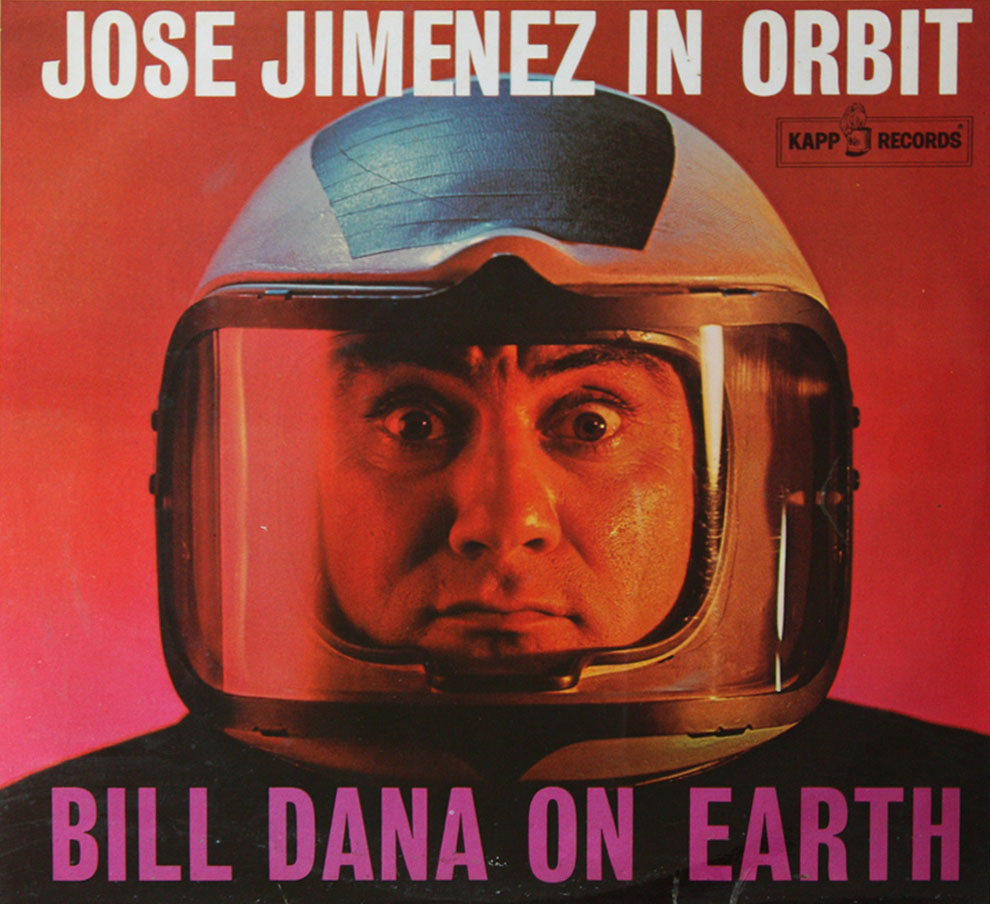



The period between 1960 and 1962 has always been frowned upon as a quiet period for rock 'n roll.
Soul was making a major impact on underground music. In the wake of the payola trials, it was questionable whether rock 'n roll would even survive.
Teen idols and schlock rock were still dominating the charts, but a rebellion against this kind of music was beginning to grow. Instrumentals, for example, leaped in popularity, exemplified by such bands as The Ventures and The Tornados (Telestar).
In Boston, WCOP AM was the top rock station. The North Shore and South Shore clubs flourished - The Ebb Tide and The Surf, respectively. The Combat Zone hadn't discovered strippers yet, but was thriving on bands that forced themselves to play 8 sets per night!
Finding gigs was still difficult. A couple of gigs a month meant that you were on par for the course. If you were already popular, you could pick up gigs at colleges or at local marinas and yacht clubs.
WCOP-AM disc jockey Ken Carter hosted a series of Battles of the Bands which were sponsored by Pepsi-Cola in Porter Square, Cambridge.
In late 1962, The Frog opened its doors in Kenmore Square, often showcasing local acts. You know the Frog today as that other animal, The Rat.
No major story highlighted the period, but several locals hit the national charts, and, many Boston area natives made great contributions.
Boston boy Don Costa penned the 1960 hit Never on Sunday and recorded an instrumental orchestrated version with his own Don Costa Orchestra. It made the charts for 8 weeks, peaking at #13 in July of 1960. The Chordettes then put out their own version, with lyrics, and took the song back onto the charts for 11 weeks, reaching #19 in 1961. Don Costa then re-released his version and drove it to #37 in 1961.
Freddy Cannon was still burning up the charts. Released were: Freddy Cannon's Favorites, 1961, and Happy Shades of Blue, 1962. Cannon was still touring with the Dick Clark Revue around the states.
In a chain of nationally released album compilations were several songs individually sponsored by nationally known disc jockeys. The Cruisin' Series in 1961 chose our own Arnie "Woo Woo" Ginsburg to be highlighted. Featured were Chuck Berry's Nadine and Arnie's notorious Adventure Car Hop advertisement spot.
The Adventure Car Hop was a drive-in restaurant on Route 1 in Saugus. If you pulled up and told them Arnie Ginsburg sent you, you would receive a 2-for-1 deal on your order or 2 Ginsburgers. All the food wits served on 45 rpm records.
A prominent disc jockey recalls the food as disgusting. He was an aficionado of fried clams and would frequently go to Adventure where he ordered them, announcing Arnie sent him. "The grease would be dripping off the records and it was rude. I'm a big eater and I couldn't even finish my order.
"I'd take home the records and wash them with dishwashing liquid. It works great! That's how I learned that method of cleaning - and I use it on all of my records now."
Upon hearing this story, another patron recalled, "Oh, yeah! The food was absolutely terrible, Why do you think they went under?"
Novelty records were taking a swipe at the charts. A Quincy, Massachusetts native, Bill Dana, played a zany Hispanic half-wit named Jose Jimenez on national television. He released an album on Kapp Records called The Astronaut. It zoomed up the national charts in July of 1961.
Somerville native Bobby Pickett never made it back to Boston from the Signal Corps In Korea. After leaving U.S. service, he went straight to Hollywood to make a stab at acting.
Leonard Capizzi and Bobby Pickett penned a song called Monster Mash which Gary Paxton (lead singer on the Hollywood Argyles hit Alley Oop") liked so much that he released it on his GARPAX label, The song, consisting of Pickett's Boris Karloff imitation, went #1 in 1962.
Pickett made a less successful follow up with these songs: Monster Holiday (reaching #30 in 1962), Monster Motion (1963), and Graduation Day (reaching #88 in 1963). The Mash was re-released in 1973 and hit #10, but Pickett went on to act in bit parts, instead of continuing a singing career.
In 1961, in response to the anti-teen idols rebellion that was becoming so common among local rockers, the Rondels released an instrumental, Back Beat No. 1, that hit the national charts. The band featured Lenny Collins on drums and Lenny Petze on guitar. Both went on to hold major positions at CBS. Today, Lenny Petze is Vice President and Lenny Collins A&R for the New England area.
Late 1962, Freddy Boom Boom Cannon took a local act, The Rockin' Ramrods , under his wings. Members of this group had backed up Freddy's band at the Surf in Nantasket. He co-wrote and produced an instrumental, called Jungle Call which they did and released it on his own Explosive Label. The Ramrods will turn out to be one of the most important local acts of the early 60's in Boston. Today, their leader, Ron Campisi, is the art director of The Boston Globe.
COMING NEXT: The Cambridge Folk Scene, The Rockin' Ramrods, The Beatles at the Madison.
This article originally appeared in The Beat on May 12, 1985
(c) Charles William White III

 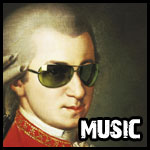 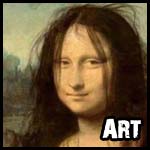   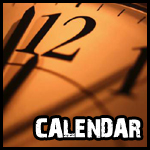
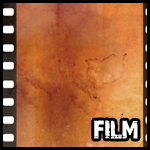 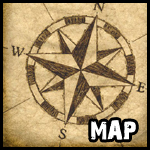 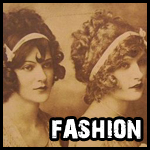 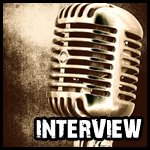 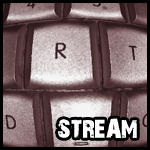 
Searching For The Motherlode
(c) 2016 Motherlode.TV
|